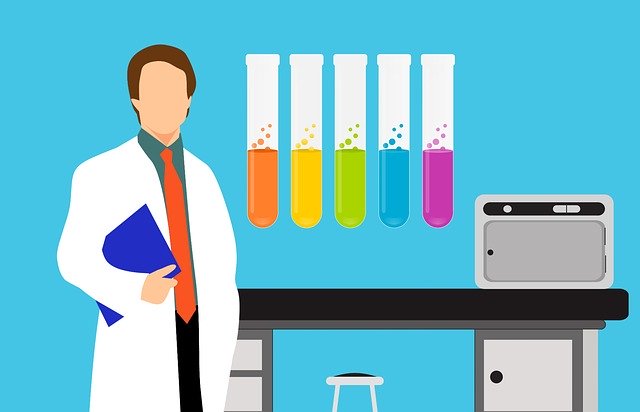Chemical engineering is the direction and design of chemical reactions on an industrial scale, for the purpose of energy production as well as human development in general. Chemical engineering jobs involve using scientific and engineering principles for researching, developing and manufacturing chemicals, drugs, along with a wide range of products.
Typically, chemical engineers have to design experiments, create safety procedures for working with dangerous chemicals, conduct tests as well as monitor results throughout production.
Also, click here to know the tips for time management.
Role & Duties
Chemical engineers implement the principles of chemistry, physics as well as mathematics to solve problems that involve the production process. They design equipment for manufacturing, planning, and testing of products.
On a typical day, chemical engineers perform the following functions:
- Research to generate new and enhanced manufacturing processes
- Elaborate safety procedures for those working with possibly dangerous chemicals
- Evolve methods to distribute components of liquids and gases or to generate electrical currents using controlled chemical processes
- Outline and plan the layout of equipment
- Conduct experiments and observe the performance of processes throughout production
- Troubleshoot problems with manufacturing processes
- Assess equipment and processes to ensure compliance with safety and environmental regulations
- Estimate production costs for management
Skills
Analytical skills: Chemical engineers must possess strong analytical skills. This is necessary to figure out why a particular design does not work as planned.
Creativity: Chemical engineers must be able to discover new ways of applying engineering principles. They have to invent new materials, advanced manufacturing techniques, as well as new applications in chemical engineering.
Math skills: Chemical engineers use calculus and other advanced topics in mathematics for analysis, design, and troubleshooting in their work.
Problem-solving skills. Chemical engineers have to troubleshoot problems related to workers’ safety as well as problems related to manufacturing and environmental protection. They must also be able to anticipate and identify problems to prevent losses for their employers and stop environmental damage.
